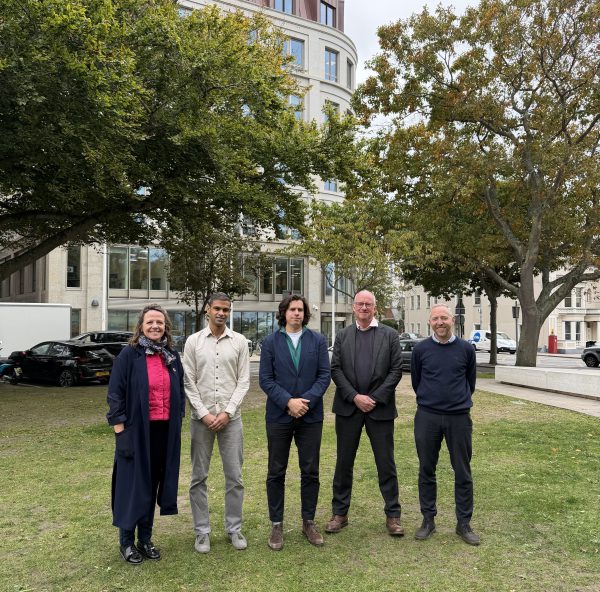The Jersey Climate Council has embarked on its first phase of work reaching out to stakeholders to gather the knowledge, evidence and insight needed to guide Jersey’s journey to net zero. Established to provide independent oversight of the Government’s Carbon Neutral Roadmap, the Climate Council’s role is to evaluate how effectively Jersey is delivering on its climate commitments, and to ensure decisions are grounded in robust scientific evidence and real-world data.
Phase 1
This first phase builds the foundation for that process where the Council listen to stakeholders and work together to build a shared evidence base. Over the coming weeks, Council members will be meeting with a wide range of stakeholders, from transport operators, energy providers and local businesses to environmental groups, Parishes and research bodies. Each discussion will be framed around a common purpose: understanding where progress is being made and exploring the barriers and opportunities in Jersey’s transition to a low-carbon future.
What’s next?
Once this first phase is complete, the Climate Council will move from data collection to analysis, which will be collated into a comprehensive evidence report to be published in 2026. The report will evaluate the effectiveness of Jersey’s carbon-reduction policies to date and provide independent recommendations on our journey towards net zero.
Appointed members of the Climate Council

Climate Council members as pictured from left to right:
Professor Liz Bentley – With a proven track record in senior leadership and executive roles, Professor Bentley has over three decades of experience in meteorology and climate science. As Chief Executive of the Royal Meteorological Society, Professor Bentley leads independent experts in weather and climate, was Chair of the Advisory Panel for the Jersey Citizens Assembly in 2021, and is the current President of the European Meteorological Society, working at the interface of science, policy and public engagement.
Dipak Vashi – As Head of Sustainability at Grant Thornton in the Channel Islands, Dipak is responsible for all ESG and Sustainability matters, both internally and externally, including sustainability policy development for cross-border business. Having fed into the UK Government’s taskforces, including the Green Finance review and Net Zero review, Dipak brings a wealth of experience in the Sustainable Finance sector.
Dr Paul Hodgson – With over a decade of experience spanning sustainable systems engineering, government advisory and innovation leadership roles, Dr Hodgson brings a wealth of experience with a research background in carbon capture, biofuels, hydrogen and sustainable aviation, both in academia and industry. As Managing Director of pH [Shift], Dr Hodgson works in strategy and systems consultancy, working at the intersection of energy, climate and innovation.
Philip New – Philip New has over four decades of experience in the energy sector, working in consumer facing industry, decarbonisation and the energy transition. He was the CEO of BP’s Alternative Energy business. In a previous role as CEO of Energy Systems Catapult Ltd, Philip provided independent and innovative support to the UK Government, to enable effective transition of the energy system in the UK to deliver affordable, reliable low carbon energy and clean growth. Philip now supports the industry through Boards and advisory roles.
Mark Bowden – Mark has over 27 years of professional experience in operational, scientific, technical and leadership roles within the water industry. As Head of Water Resilience and Emergency Planning at Jersey Water, Mark’s career demonstrates a strong foundation in environmental science and management, climate adaptation and stakeholder engagement.
 blog.gov.je
blog.gov.je